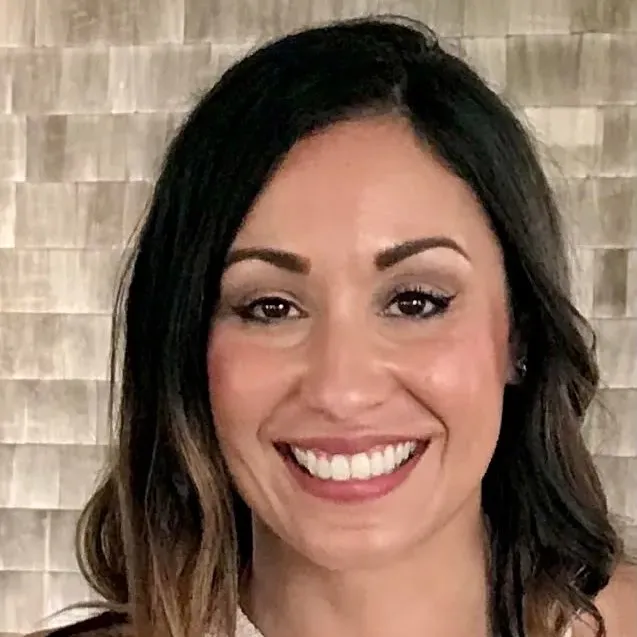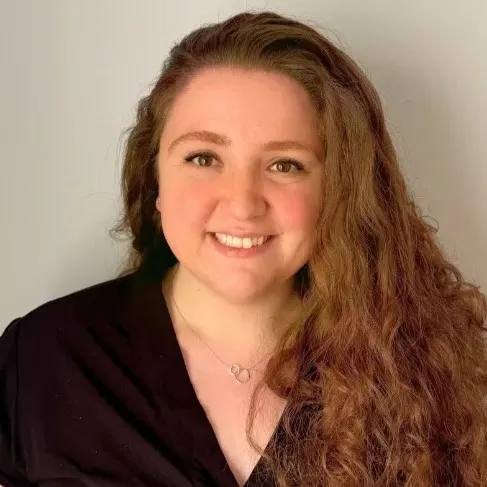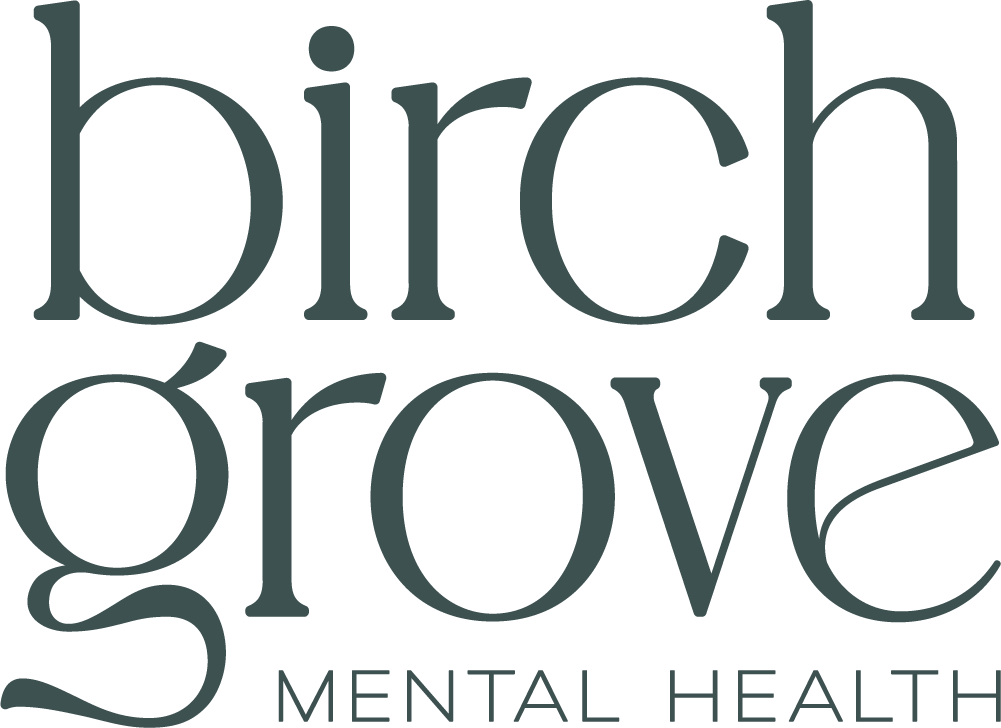
The right approach to medication may be crucial in treating your depression
Depression, Impacts, & Treatment
Depression
Depression is something that a lot of people deal with… even people you know, though they might not talk about it.
As you know, it’s not just about feeling sad; it’s deeper than that.
It can mess with how you think, feel, and show up to the world.
About 1 in 6 adults will experience depression at some point in their lives, and it tends to affect women more than men.
Common symptoms include feeling down or empty all the time, not caring about stuff you used to love, changes in how much or how little you eat, disturbed sleeping patterns, and difficulty focusing.
The good news is that Depression isn’t forever, and it’s very treatable.
Whether mild, moderate, or severe, there are options.
Making it through the day
Depression often gets in the way of daily life, making even simple activities feel overwhelming. In addition to affecting mood, depression can have physical effects, such as changes in sleep, appetite, or energy levels.
For the person with depression, life may feel like a constant struggle. They may lose interest in things that once brought them joy, experience difficulty concentrating, or feel disconnected from others.
This emotional burden can make it challenging to maintain relationships, pursue goals, or feel a sense of purpose. On top of that, the physical symptoms—like fatigue, unexplained aches, or changes in sleep patterns… it can be further isolating.
Impacts to relationships
For those close to a person with depression, watching them struggle can be emotionally draining. Feelings of worry, frustration, or helplessness are common, understandable and relationship impacting.
Friends and family might not always know how to provide support, which can strain relationships. Caregivers, especially, may feel overwhelmed as they balance their own needs with their desire to help.
The ripple effects of depression often extends beyond the individual, influencing the overall emotional atmosphere of a household or social group.
Treatment
Despite the challenges, depression is very treatable.
Unfortunately only about half of those who suffer from depression receive treatment.
Options include talk therapy with a trained therapist to understand and manage depressive feelings – this is often a critical part of the healing process.
Medication is often an important option – prescribed antidepressants can help regulate mood by addressing chemical imbalances in the brain.
Often talk therapy in conjunction with medication management is a potent solution for taking control of depression symptoms.
Depression Medication Management at Birch Grove Mental Health
Experienced in Depression Medication Management
Creative Approaches to Your New View
Every Day We See People with Depression Transform
How about You?
Let’s Get Started
Treatment empowers you to rediscover the person you’ve always been
Birch Grove Mental Health
Other conditions we treat…
Anxiety – Persistent, overwhelming worry
- Excessive worry or fear
- Restlessness or feeling on edge, difficulty relaxing
- Fatigue or feeling easily tired despite adequate sleep
- Difficulty concentrating or remaining focused
Bipolar Disorder – Mood swings, irritable, impulsive
- Manic episodes of high energy, grandiosity, risky behaviors
- Hypomanic episodes of less severe mania & elevated activity
- Depressive episodes characterized by sadness & apathy
- Mixed episodes include both mania and depression
see more at Bipolar Disorder – Birch Grove Mental Health
ADHD – Inattention, hyperactivity, impulsivity
- Difficulty staying focused or on-tasks
- Hyperactivity includes constant movement, fidgeting
- Impulsively or hastily acting without thinking
- Difficulty with detail resulting in careless mistakes
Blog post…
Recognizing Adult ADHD
more…
ADHD Testing & Treatment
Trauma – Nightmares, hypervigilance, flashbacks
- Intrusive, distressing flashbacks of the traumatic event
- Avoid people & situations that remind you of the trauma
- Persistent negative emotions, feeling detached from others
- Easily startled, feeling on edge, or difficulty sleeping
Thought Disorders – Disorganized, paranoid, delusional
- Disorganized thinking, incoherent speech.
- Loose associations by jumping between unrelated topics.
- Tangentiality through inclusion of irrelevant information.
- Incoherence (word salad), illogical word combinations
Obsessive Compulsive Disorder (OCD) – Checking, counting, germaphobic
- Compulsive repetitive behaviors or rituals
- Repeatedly intrusive disturbing or unwanted thoughts
- Obsessive, recurrent urges or anxiety causing mental images
- Avoid situations that trigger obsessions or compulsions
see more at OCD – Birch Grove Mental Health
Panic Disorder – Intense, sudden fear
- Panic attacks episodes of intense fear & discomfort
- Symptoms include palpitations, sweating, trembling
- Fear of future attacks creates worry of more attacks
- Avoids places where previous attacks occurred
The stuff of life
- Stress Management
- Life Transitions
- Relationship issues
What patients say about us…
My teen son has started seeing Sunami for several months. It’s been great to see and hear his trust in her grow. We are building a toolset that my son can practice and use. It takes a village; happy and relieved to have found Sunami for my son’s mental health journey.
Highly recommend! Virtual appointments are very easy and scheduling is always flexible. Highly knowledgeable and trustworthy. Medication refills are sent in timely.
This practice has been so helpful for my whole family. They have been so flexible with appointments and are always responsive. Our NP is very knowledgable and caring. Highly recommend!
Meet The Team
We are a team of psychiatric nurse practitioners united by a shared passion for making a difference in the lives of those facing mental health challenges.

Sunami Gurung
CT, MA, NH, NY, RI, VT
Psychiatric Nurse Practitioner

Natasa Ristivojevic
MA, NH
Psychiatric Nurse Practitioner

Salma Trainor
MA, NH
Psychiatric Nurse Practitioner

James Quackenbush
MA, NH, NY
Psychiatric Nurse Practitioner

Juliana S Pires
CO, CT, MA, NH, NY, OH, OR, RI, UT, VT
Psychiatric Nurse Practitioner

Erin Savage
MA, NH
Psychiatric Nurse Practitioner
Sunami Gurung
Psychiatric Nurse Practitioner
Approach
- Person-centered approach
- Tailored treatment plans
- Evidence-based medication management & psychotherapy
Clinical interests
- Depression & Anxiety
- Bipolar disorder
- OCD
- Trauma & PTSD
- ADHD
Languages
- English
- Nepali
- Hindi
Locations
- MA, NH, NY
Salma Trainor
Psychiatric Nurse Practitioner
Approach
- Passion for supporting others
- Empathic relations is foundational
- Collaborative and inclusive
Clinical interests
- OCD
- Depression
- Anxiety
- Bipolar disorder
Languages
- English
Locations
- MA & NH
Natasa Ristivojevic
Psychiatric Nurse Practitioner
Approach
- Wholistic approach prioritizing human connection
- Evidence-based interventions
- Judicious medication management
Clinical interests
- Psychotic disorders
- Mood disorders
- Substance use
Languages
- English
- Serbian
Locations
- MA & NH
James Quackenbush
Psychiatric Nurse Practitioner
Approach
- Collaborative focus on goals and you
- Evidence-based planning
- Empowering you toward well-being
Clinical interests
- Depression & Anxiety
- PTSD
- Borderline
- Personality disorder
- Bipolar disorder
- Schizophrenia
Languages
- English
- French
Locations
- MA, NH, & NY
Juliana S Pires
Psychiatric Nurse Practitioner
Approach
- Medication management
- Coping skills development
- Empathic listener, genuine, honest
Clinical interests
- Depression & Anxiety
- Bipolar disorder
- Schizophrenia
- Trauma & PTSD
- ADHD
Languages
- English
- Portuguese
Locations
- CO, CT, MA, ME, NH, NY, OH, OR, RI, UT, VT
Erin Savage
Psychiatric Nurse Practitioner
Approach
- Compassionate & empathic listening
- Tailored treatment to goals
- Utilize cognitive behavioral therapy & coping skills development
Clinical interests
- Depression & Anxiety
- Bipolar disorder
- Schizophrenia
- Trauma
Languages
- English
Locations
- MA, NH
Insurance, Costs, Payments
Colorado
Cigna
UHC – Optum
Conneticut
Aetna
Cigna
UHC – Optum
Massachusetts
Aetna
Blue Cross Blue Shield
Cigna
Harvard Pilgrim
Mass General Brigham Health
Medicaid
Medicare
Tricare
Tufts
UHC – Optum
Maine
Cigna
UHC – Optum
New Hampshire
Blue Cross Blue Shield
Carelon Behavioral Health
Cigna
Harvard Pilgrim
Midicare
Tricare
Tufts
UHC – optum
New York
UHC – Optum
Ohio
Cigna
UHC – Optum
Oregon
Aetna
Cigna
UHC – Optum
Rhode Island
Aetna
Blue Cross Blue Shield
Cigna
UHC – Optum
Utah
Cigna
UHC – Optum
Vermont
Blue Cross Blue Shield
Cigna
UHC – Optum
Costs
15 min Consultation – Free
Evaluation $300
Follow-up $180
Payment Options
Zelle / Venmo
Major Credit Cards
“There is hope, even when your brain tells you there isn’t.”
– John Green
Why Birch Grove Mental Health?
Our team of Psychiatric Nurse Practitioners are passionate about supporting individuals affected by mental illness
Through effective and practical medication management, we see victories every day
In Person Sessions
MA & NH
You-Centered
Prioritizing your Care, Progress, and Wellbeing
Your Goals
Personalized Treatment Plans
Telehealth
Flex to your schedule and life
Your Voice Matters
Collaborative Decision Making
You Have a Life
Flexible hours and ways to connect
FAQs
Benefits of Online Psychiatric Treatment?
- Easy scheduling: Book appointments at your convenience without the need to commute.
- Support when you need it: Access professional care from the comfort of your home.
- Privacy and flexibility: Maintain confidentiality while receiving care tailored to your schedule.
How long does the appointment last?
- Initial appointments are typically 60 minutes
- Subsequent appointments are 30 minutes or more – durations vary based on need
How will I know where to start my online session?
Once we confirm your appointment date & time, the link to your session room will be forwarded via email.
What types of therapy do you offer?
We provide individual therapy for children, teens, adults, and older adults. Our approaches include Cognitive Behavioral Therapy (CBT), Motivational Interviewing, and Solution-Focused Brief Therapy (SFBT).
Where do you offer services?
We provide services in:
In-person & telehealth
- Massachusetts
- New Hampshire
Telehealth only
- Rhode Island
- Utah
- Maine
- Ohio
- Vermont
- New York
- Colorado
- Connecticut
What can Birch Grove psychiatric nurse practitioners diagnose and treat?
We provide care for a wide range of mental health concerns, including: Anxiety, Depression, Bipolar Disorder, ADHD (Attention Deficit Hyperactivity Disorder), Stress management, Behavior Issues, Mood Disorders, Medication Management, Thinking Disorders, and Weight Loss.
What meds do autonomous psychiatric nurse practitioners prescribe?
Autonomous psychiatric nurses, or advanced practice psychiatric nurses (APRNs), can prescribe a variety of medications to treat mental health conditions. These include:
- Antidepressants: For depression and anxiety disorders (e.g., fluoxetine, sertraline).
- Antipsychotics: For schizophrenia and bipolar disorder (e.g., risperidone, olanzapine).
- Mood stabilizers: For bipolar disorder (e.g., lithium carbonate).
- Anxiolytics: For anxiety disorders (e.g., alprazolam, lorazepam).
- Stimulants: For ADHD (e.g., methylphenidate, amphetamine/dextroamphetamine).
These medications help manage symptoms and improve the quality of life for individuals with mental health conditions.
What are your hours of operation?
Telehealth and in-person appointments hours are
Mon-Fri, 6:30am – 6:30pm
What is the cancellation policy?
You can reschedule or cancel your appointment with at least 24 hours’ notice to avoid cancellation fees.
What should I expect from the scheduling process?
Our scheduling process involves a few simple steps:
- Contact us via the Get Started button
- Complete intake forms via our secure patient portal.
- Add payment information: To confirm your appointment, you will need to add your payment information to the portal. This information is securely stored and only accessible to you via your personal login and password.
- Submit insurance information: If applicable, we will need to verify your insurance information to ensure that we can process your payment and accept your coverage.
- Choose your provider and appointment time: Once your forms and payment are completed, you can select your preferred provider, date, and time for the appointment.
- Appointment confirmation: After all forms are filled out and payment is processed, we will confirm your appointment.
Are your providers licensed to prescribe medications?
Yes, all of our providers are fully licensed and able to prescribe both controlled and non-controlled medications as part of a comprehensive treatment plan.
How can a parent or guardian schedule an appointment for a minor?
Parents or guardians can schedule appointments for their children by contacting us through the Get Started link at the top of the page. Parental consent will be required before the first session.
Depression Mediaction Management
